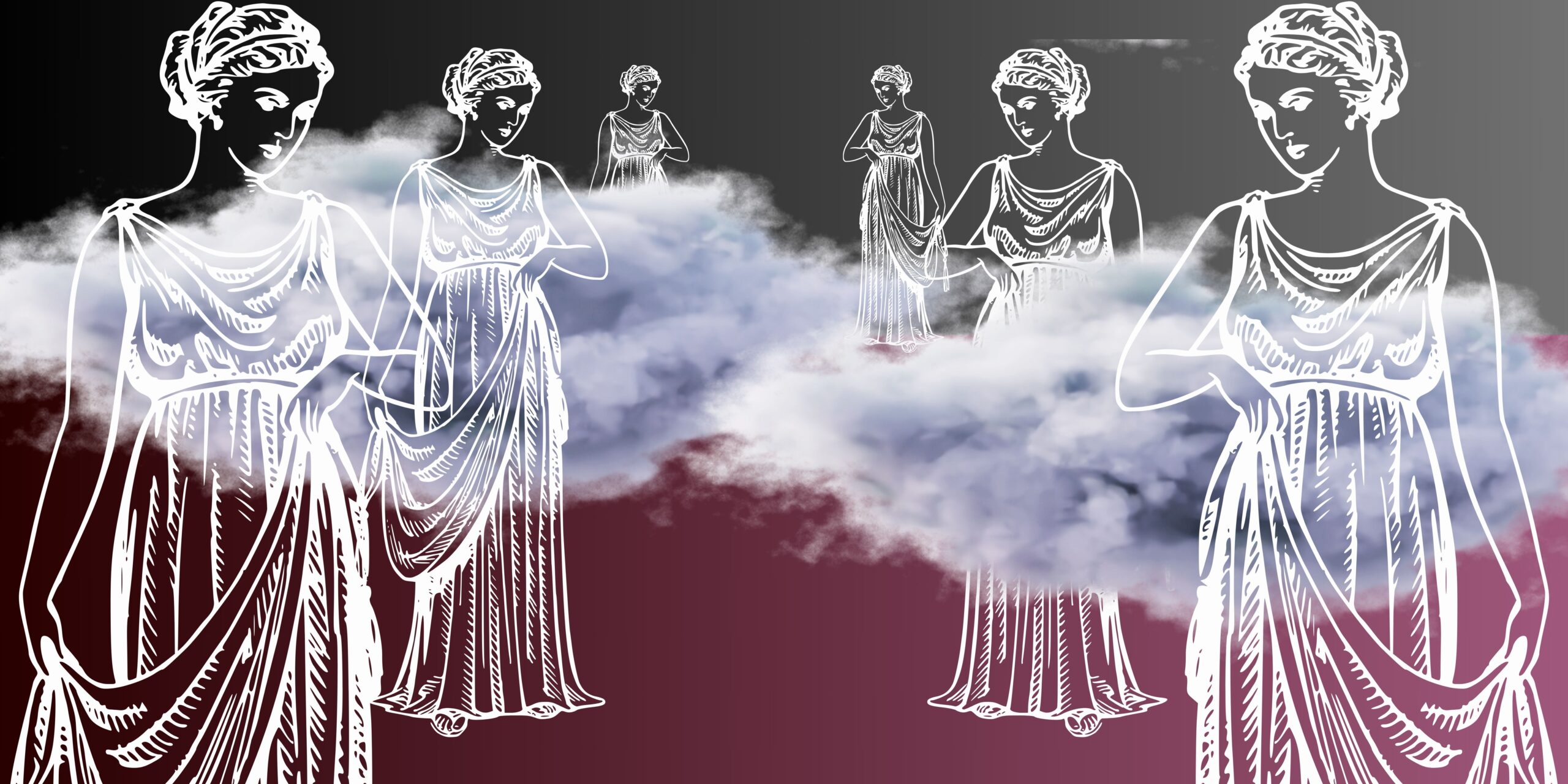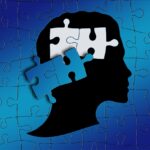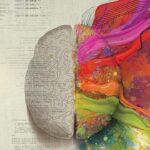Written by Najwa Bashir
Narcissism
Book III of Ovid’s Metamorphoses is where the word “narcissism” was first used. There is a story that Narcissus falls in love with his own image because of a curse. Narcissism, on the other hand, wasn’t used in psychology until the late 1800s (Mitra et al., 2024).

Northcote (1929) says that psychologist Havelock Ellis first used the word “narcissism” in 1898 to describe a patient whose behavior was similar to Narcissus’s. Freud wrote about “narcissistic libido” soon after in his book Three Essays on the Theory of Sexuality (Van Haute &Westerink, 2016).Ernest Jones, a psychologist, said that narcissism is a flaw in character (Kirsner, 2007). There was a case report on grave narcissism written by Robert Waelder in 1925. According to what he termed it, “narcissistic personality” (Guttman& with the Assistance of Irene Kagan Guttman, 1987). The DSM-I did not initially include NPD, even after these revisions. Narcissism wasnot even mentioned in the DSM until the release of DSM-II in 1968 (Schmidt, 2019).
Narcissistic Personality Disorder
Narcissistic personality disorder (NPD) is characterized by feeling better than others, wanting to be admired, and lacking the ability to relate to other people’s feelings. It is not uncommon for individuals with NPD to experience difficulties in social and professional environments, and it is also common for them to have psychiatric and substance use issues. The Diagnostic and Statistical Manual of Mental Disorders (DSM) and its cluster-based classification go into detail about the traits that make Cluster B personality disorders unique. These disorders include NPD, antisocial personality disorder, borderline personality disorder, and histrionic personality disorder (Mitra et al., 2024). In community groups, the rate of NPD is thought to be between 0% and 6.2%. Between 50 and 75 percent of people who have been labelled with NPD are men. Cluster B of the Diagnostic and Statistical Manual of Mental Disorders, Fifth Edition (DSM-5) is where NPD fits in. This group is for “dramatic, emotional, and erratic” personality disorders. Antisocial, Borderline, and Histrionic Personality Disorders are also in this group (Kacel et al., 2017).
Diagnostic Criteria for Narcissistic Personality Disorder
An individual with narcissistic personality disorder consistently acts or fantasizes about being very important, needs praise, and doesn’t care about other people, according to DSM 5 TR (APA, 2022). These traits show up in a number of situations starting in early adulthood and include five or more than five of the below mentioned characteristics:
- Really thinks they’re great (for example, they might talk about their skills and achievements and want to be seen as better than other people even though they haven’t done as much).
- Is full of hopes for long-lasting success, power, beauty, brightness, or the perfect love.
- Thinks that they are “special” and unique, and that only other “special” or high-status people (or groups) can understand them or should hang out with them.
- Wants praise too much.
- Feels too privileged, which means they think they should be treated extra well or have all their needs met naturally.
- Shows interpersonal exploitative behavior, which means using other people to get what you want.
- In this case, the person doesn’t want to learn or connect with other people’s feelings and needs.
- Is or thinks that other people are jealous of them a lot of the time.
- Shows arrogant, haughty behaviors or attitudes.

Diagnostic Features of Narcissistic Personality Disorder
In the light of DSM 5 TR (APA, 2022):
- Narcissistic personality disorder is characterized by a persistent pattern of arrogance, need for praise, and lack of empathy that starts in early adulthood and shows up in a range of situations.
- People with narcissistic personality disorder often dream about being rich, powerful, smart, beautiful, or in love(Criterion 2). They may feel good about the respect and comfort they’ve been waiting for a long time and think of how they compare to popular or wealthy people.
- People with narcissistic personality disorder believe they are one of a kind and expect others to agree (Criterion 3). These people can be shocked or even heartbroken when they don’t get the praise they think they deserve from other people. They might think that only high-status people can understand them and that they should only hang out with those people. The people they hang out with might seem “unique”, “perfect,” or “gifted.” People who have this problem think that their wants are unique and not something that regular people can understand. They feel better about their own self-worth when they think highly of the people they hang out with. They may insist on only having the “best” person (doctor, lawyer, barber, and teacher) or being connected with the “best” schools, but they may not trust the titles of those who let them down.
- People with narcissistic personality disorder usually need a lot of praise (Criterion 4). They almost always have very low self-esteem, and because they deal with extreme self-doubt, self-criticism, and emptiness, they need to actively seek the admiration of others. A lot of their thoughts may be on how well they are doing and what other people think of them. They might think that everyone will be very happy to see them and be shocked if people don’t want their things. They may always want praise, and a lot of the time, they do a great job of it.
- • These people think they deserve special treatment, which shows they have a sense of entitlement that comes from having a skewed sense of self-worth (Criterion 5). They expect they will be taken care of and get upset or angry when this doesn’t happen. For instance, they might think they don’t have to wait in queue and that other people should put their needs ahead of everyone else’s. They then get angry when other people don’t help them with “their very important work.” No matter what it means to other people, they will get what they want or think they need. Like, these people might expect others to be very committed, so they might give them too much work without considering how it will affect their own lives.
- This feeling of privilege, along with not knowing or caring about other people’s wants and needs, can lead to people taking advantage of others, whether they are aware of it or not (Criterion 6). They only date or become friends with someone if they think that person will help them reach their goals or make them feel better about themselves in some other way. They often take extra things and special rights that they believe are theirs. Some people with narcissistic personality disorder take advantage of other people’s feelings, friendships, intelligence, or money on purpose so they can get what they want.
- People with narcissistic personality disorder don’t want to or don’t understand what other people want, experience, or feel (Criterion 7). They usually have some cognitive empathy, which means they can see things from someone else’s point of view, but not much emotional empathy, which means they can’t actually feel what someone else is feeling. Some people may not realize how hurtful their words can be.
- When needs, wants, or feelings are seen as signs of weakness or fear, people are less likely to care about them. People who are close to someone with narcissistic personality disorder often feel emotionally cold and uninterested in them back. These people are often jealous of other people or think that other people are jealous of them (Criterion 8).
- They might feel bad about other people’s accomplishments or goods because they think they deserve those things more. They may severely undervalue the work of others, especially if those people have already been recognized or praised for their efforts. These people act cocky and haughty, and they often have snobbish, condescending, or condescending attitudes (Criterion 9).
Conclusion
Narcissistic personality disorder is a tough clinical syndrome because it shows up in different ways, is hard to treat, and makes it harder to treat other illnesses that often happen at the same time. Therefore, early diagnosis and seeking professional help on time is crucial. This article provides the diagnostic criteria and features for narcissistic personality disorder, which can facilitate the identification of the disorder’s evident symptoms.
References
- American Psychiatric Association: Diagnostic and Statistical Manual of Mental Disorders, Fifth Edition, Text Revision (2022). Washington, DC, American Psychiatric Association.
- Guttman, S. A., & with the Assistance of Irene Kagan Guttman. (1987). Robert Waelder on psychoanalytic technique: Five lectures. The Psychoanalytic Quarterly, 56(1), 1-67.https://doi.org/10.1080/21674086.1987.11927165
- Kacel, E. L., Ennis, N., & Pereira, D. B. (2017). Narcissistic personality disorder in clinical health psychology practice: Case studies of comorbid psychological distress and life-limiting illness. Behavioral Medicine, 43(3), 156-164. https://doi.org/10.1080/08964289.2017.1301875
- Kirsner, D. (2007). Saving psychoanalysts: Ernest Jones and the Isakowers. Psychoanalysis and History, 9(1), 83-91.https://doi.org/10.3366/pah.2007.9.1.83
- Mitra P, Torrico TJ, Fluyau D. Narcissistic Personality Disorder. [Updated 2024 Mar 1]. In: StatPearls [Internet]. Treasure Island (FL): StatPearls Publishing; 2024 Jan-. Available from: https://www.ncbi.nlm.nih.gov/books/NBK556001/
- Northcote, H. (1929). Havelock Ellis’s studies. The Eugenics Review, 21(3), 237. Available from: https://www.ncbi.nlm.nih.gov/pmc/articles/PMC2984869/
- Schmidt, A. (2019). Comparison of Kernberg’s and Kohut’s Theory of Narcissistic Personality Disorder. Turk PsikiyatriDergisi, 30(2).https://doi.org/10.5080/u23484
- Van Haute, P., &Westerink, H. (2016). Sexuality and its object in Freud’s 1905 edition of Three Essays on the Theory of Sexuality. The International Journal of Psychoanalysis, 97(3), 563-589.https://doi.org/10.1111/1745-8315.12480
I am a passionate and knowledgeable psychologist, with a Master of Philosophy (MPhil) in Psychology specializing in Counseling Psychology. Through my writing, I share my insights and thoughts on various psychiatric disorders, conduct analysis on films that touch on psychological issues, and explore other topics related to psychology, while also providing valuable information to psychology enthusiasts, students as well the general community.







































